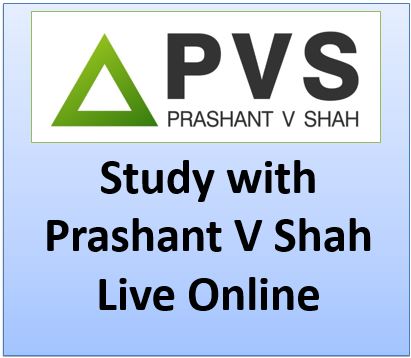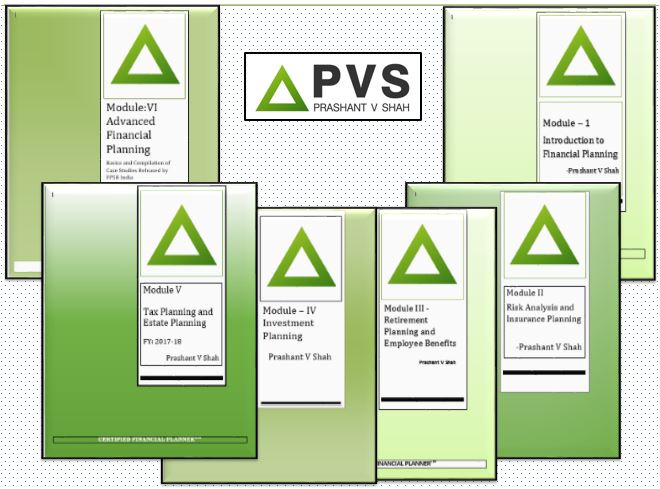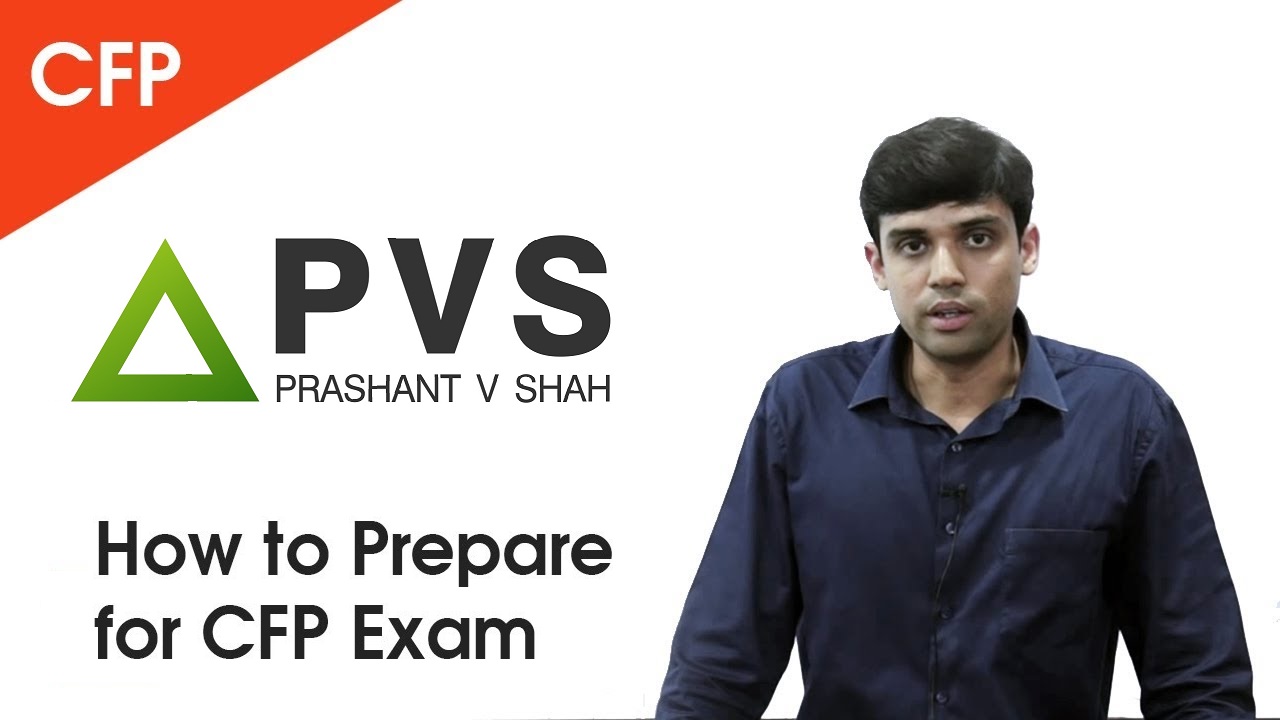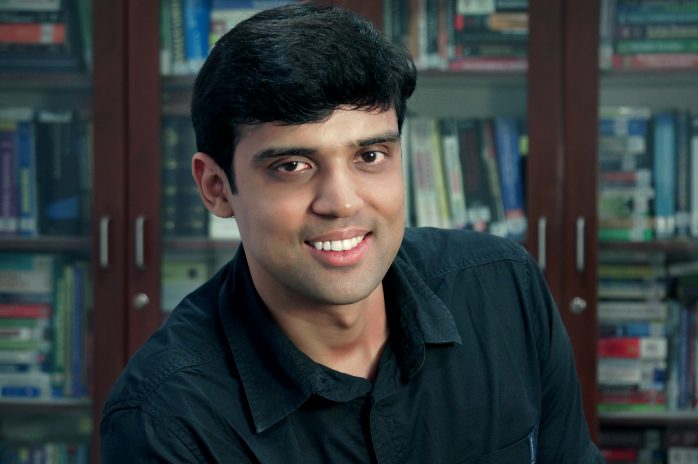Estate Planning for CFP – 4
Posted by Prashant Shah on November 24, 2014
In a Trust, a person transfers his property to another person i.e. the Trustee to hold it for the benefit of certain beneficiaries or it can be for the benefit of beneficiaries and himself. By adopting a Trust Route a person can avoid the issues which arise in a Will and make a ring fenced structure to ensure that the person’s future generations are well protected through a vehicle created by him and according to his directions.
Types of Trust
Parties
- Author of the Trust/ Settlor :A person who settles the Trust or the author of the Trust
- Trustee: The person who is appointed by the Settlor to administer the Trust and who accepts the responsibility of acting as a Trustee
- Beneficiary: The person for whose benefit the Trust is created is called the Beneficiary
- Trust-property or Trust money: The subject matter of the trust is called the Trust property or trust money. Trust property can be in the form movable or immovable property viz. cash, jewellery, land, investment instruments etc.
Will Substitutes (Revocable Trusts or Entities)
- India recognises both testamentary and living trusts. Since India does not have death taxes (abolished in 1985), trusts were never used by families as a tax and succession vehicle. Most families would use a Will in order to pass on wealth.
- Wills however could be very easily challenged in authenticity by estranged or unhappy heirs leading to long-drawn and expensive litigation.
- It was in light of this situation that living trusts became very popular with Indian families since they helped bypass the probate process and were not vulnerable to the whims of the family members.
- Family (private) trusts may be set up either during a person’s lifetime (inter vivos trust) or under a will (testamentary trust), either orally or under a written instrument, except a trust of immovable property that must be declared by a registered written instrument.
Classification
- A trust can be set up either as:
- Revocable: A trust that can be revoked (cancelled) by its settlor at any time; or
- Irrevocable: A trust will not come to an end until the terms of the trust have been fulfilled; and either as a
- Discretionary: An arrangement where the trustee may choose, from time to time, who (if anyone) among the beneficiaries is to benefit from the trust, and to what extent; or
- Determinate: The entitlement of the beneficiaries is fixed by the settlor, the trustees having little or no discretion.
- Simple Trust:
- Trust that is required to distribute all of its annual income to the beneficiaries.
- Beneficiaries cannot be charitable.
- Income of the trust is taxable to the recipient, even if left in the trust to accumulate.
- Not allowed to distribute corpus (principal).
- Capital gains are considered part of the corpus.
- Complex Trust (must have one of the following):
- Retains current income in the trust.
- Distributes corpus.
- Distributions to charitable organization












rahulmj08 said
Hello sir, this is rahul new to this forum. last week i cleared my RPEB module in a single comment, now i’m preparing for insurance module need your help regarding which topics that i need to focus.
Regards
Rahul MJ